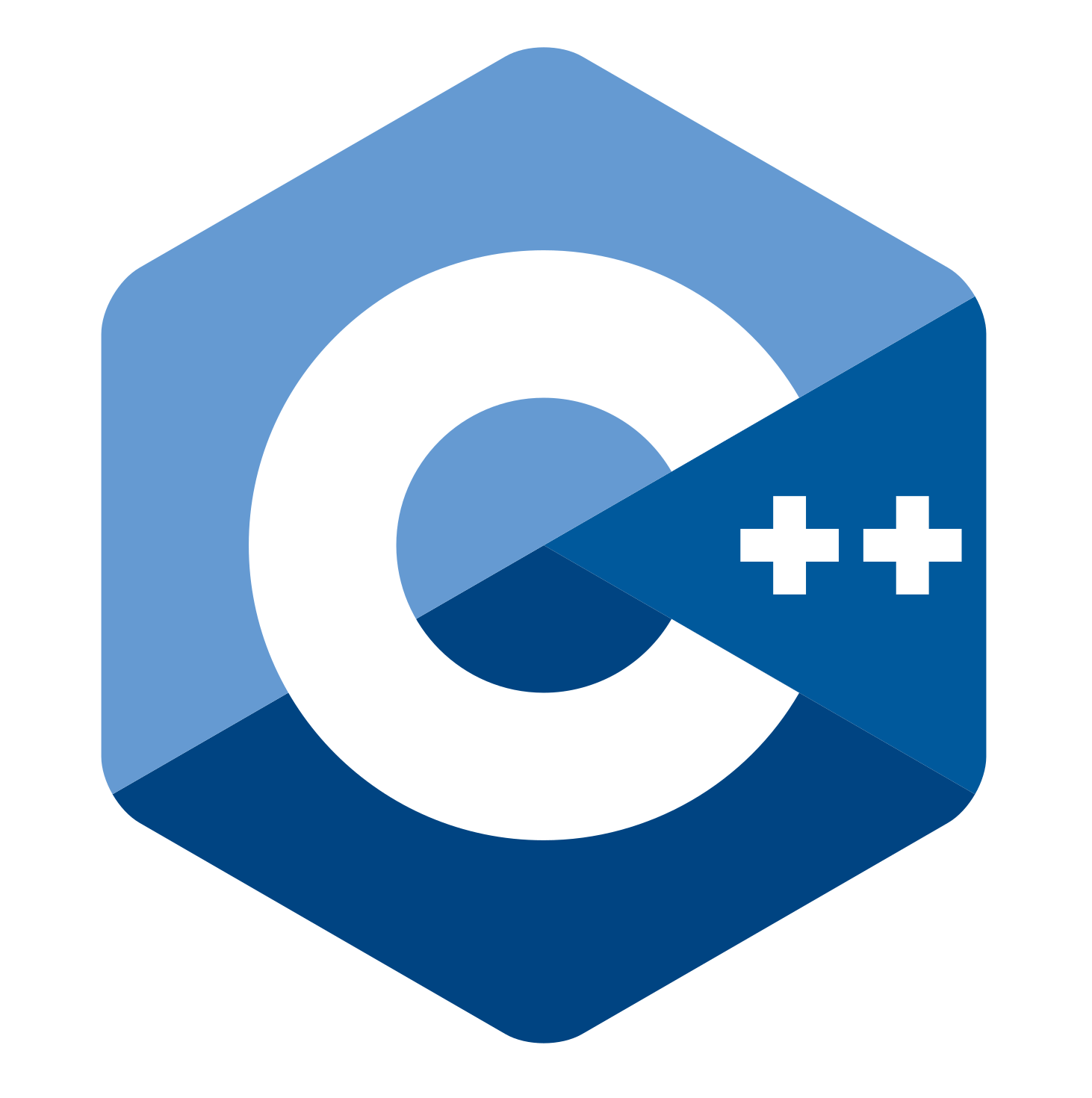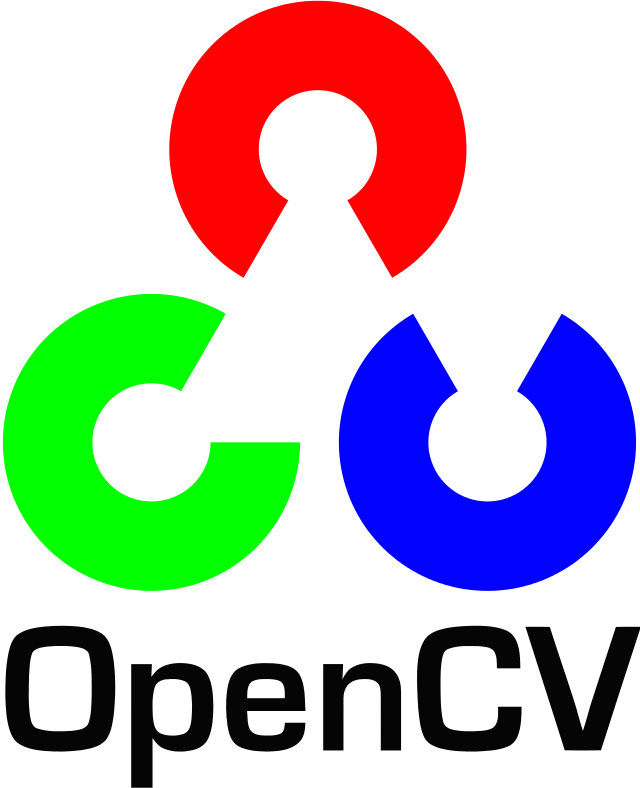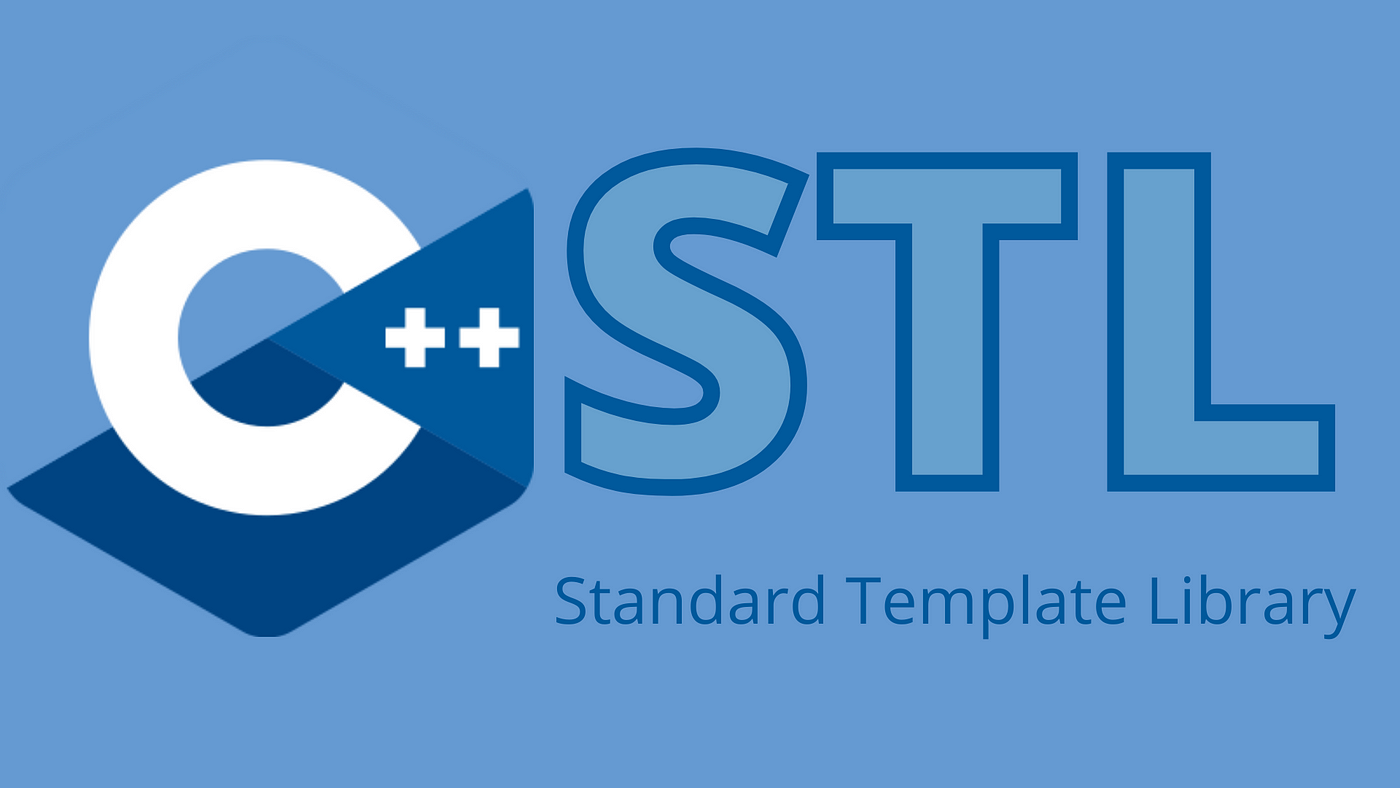Get ahead in software development with our in-depth analysis of C++ vs Java, covering everything from memory management to industry use cases for IT professionals.
More...
From syntax and structure to performance and speed, we'll dive into the key similarities and differences as we are looking at C++ vs Java, to help you determine the best fit for your project.
Whether you're a seasoned developer or new to programming, this comparison will provide you with valuable insights. So, let's dig in!
Key Takeaways

C++ vs Java: Introduction to them
As we begin our exploration of C++ and Java, let's start with a brief overview of each language.
C++ was created in 1983 by Bjarne Stroustrup as an extension of the C language. It is a high-performance language that allows for low-level memory manipulation and is commonly used for system-level programming and developing applications with intensive computing needs.
Java, on the other hand, was developed by James Gosling in 1995 and is a general-purpose programming language that is designed to be platform-independent. It is widely used for developing mobile applications, web applications, and enterprise software, among other things.
Both C++ and Java are widely-used and offer powerful features that make them popular among developers. However, understanding the nuances of each language is essential to making informed coding decisions. We'll explore these in detail in the sections to follow.
Recent Recent Advancements in C++
With the latest versions introducing features that simplify programming and enhance performance. Modern C++ (C++11 and later) offers smart pointers for better memory management, lambda expressions for functional-style programming, and concurrency support that is essential for modern, multi-threaded applications. These advancements make C++ more versatile and maintain its relevance in areas like high-performance computing and competitive programming.
Recent Recent Advancements in Java
Java has not remained static either; it has grown to meet the challenges of modern software development. With its six-month release cycle, Java introduces improvements more frequently than ever before. Recent versions have added features such as lambda expressions, the Stream API for easier data processing, and Jigsaw for modular programming. These enhancements keep Java competitive in a landscape increasingly dominated by cloud and microservice architectures. The introduction of the GraalVM, a high-performance runtime, promises to further Java's performance, making it competitive with traditionally faster languages.
In addition, Java’s approach to concurrency is one of its most powerful features, enabling developers to write efficient multi-threaded applications. With built-in support for threading, synchronization, and a rich java.util.concurrent package, Java provides a robust set of tools for handling concurrent programming challenges. To delve deeper into Java's concurrency model and to explore advanced topics such as thread pools, atomic operations, and the fork/join framework.
Syntax and Structure for c++ vs java
When it comes to programming syntax and structure, both C++ and Java have their unique features and nuances. While C++ syntax is more intricate and challenging to learn than Java, it provides more power and control over the code. On the other hand, Java is easier to read and write, making it a more beginner-friendly language.
C++ syntax includes a wide array of data types, including integers, characters, floating-point numbers, and arrays, among others. It also includes control structures such as if/else statements, loops, and switch cases. Additionally, C++ supports pointers and references, allowing for efficient memory allocation and management.
Java syntax is relatively simpler, with fewer data types and control structures than C++. It includes basic data types such as int, float, and char, and more complex ones such as strings and arrays. Java features control structures such as if/else statements, loops, and switch cases, but does not support pointers and references.
Programming Structure
Both C++ and Java support object-oriented programming (OOP), which facilitates the development of complex software systems. In OOP, code is organized into classes and objects, making it more modular and easier to maintain. However, C++ also supports procedural programming, which involves organizing code into functions and subroutines. This feature can provide more control over the code and make it more efficient in certain scenarios.
C++ | Java | |
|---|---|---|
Paradigm | Object-oriented and procedural | Object-oriented |
Data Types | Wide range of data types, including pointers and references | Basic data types and strings, no pointers or references |
Control Structures | Includes if/else statements, loops, and switch cases | Includes if/else statements, loops, and switch cases |
Memory Management | Manual memory management, allowing for efficient allocation and deallocation of memory | Automatic memory management (garbage collection), making it easier to write and debug code |
Modern C++ standards have introduced the RAII (Resource Acquisition Is Initialization) paradigm and smart pointers (such as std::unique_ptr and std::shared_ptr) to aid in memory management. These abstractions help manage resource lifecycles, making manual memory management less error-prone and contributing to safer code.
Memory Management discussion for c++ vs java
In this section, we will examine the memory management models used in C++ and Java. Memory management is a crucial aspect of programming, as it can significantly impact the performance and stability of your code.
C++ Memory Management
C++ uses a manual memory management model, which means that the programmer is responsible for allocating and deallocating memory. This model provides more control over the program's memory usage, but it can also lead to memory leaks and segmentation faults if not implemented correctly. In C++, memory is allocated using the "new" operator and deallocated using the "delete" operator.
Advantages of C++ Memory Management | Disadvantages of C++ Memory Management |
|---|---|
C++ allows for precise control over memory allocation and deallocation. | Manual memory management can lead to memory leaks and segmentation faults. |
Memory allocation and deallocation can be optimized for performance. | Manual memory management can be time-consuming and error-prone. |
Java Memory Management
Java uses an automatic memory management model, which means that the Java Virtual Machine (JVM) is responsible for allocating and deallocating memory. This model eliminates the need for manual memory management and prevents memory leaks and segmentation faults. In Java, memory is allocated using the "new" keyword, and deallocation is handled by the JVM's garbage collector.
Java's garbage collection has been continually refined. The introduction of garbage collectors like G1 (Garbage-First) and ZGC (Z Garbage Collector) has reduced pause times dramatically, making Java applications more responsive.
Advantages of Java Memory Management | Disadvantages of Java Memory Management |
|---|---|
Automatic memory management eliminates the need for manual memory management. | Garbage collection can impact performance and introduce latency. |
Memory leaks and segmentation faults are virtually non-existent. | Memory allocation and deallocation are less predictable and can lead to unexpected delays. |
Performance and Speed Comparison of C++ vs Java
Performance and speed are critical factors in software development. In this section, we compare the performance capabilities of C++ and Java and examine the factors that can impact the speed of your code in each language.
Compilers
C++ is a compiled language, meaning it must be compiled into machine code before it can be executed. This compilation process can take time, especially for large projects. However, once the code has been compiled, it can run very quickly.
Java, on the other hand, is an interpreted language. It is compiled into bytecode, which is then interpreted by the Java Virtual Machine (JVM) at runtime. This adds an extra layer of processing, which can slow down the execution of Java code.
Virtual Machines and Just-In-Time Compilation
The use of virtual machines can also impact the performance of Java code. The JVM provides a layer of abstraction between the code and the operating system, which can add overhead. However, the JVM also enables just-in-time (JIT) compilation, which can improve performance by compiling frequently used code into machine code on-the-fly.
C++ does not have a virtual machine like Java, but it does have similar optimizations. For example, many C++ compilers can perform optimizations such as inlining functions and loop unrolling to improve performance.
Benchmarks
To get a better sense of how C++ and Java perform in real-world scenarios, let's take a look at some benchmarks. The following table shows the results of some simple benchmarks comparing C++ and Java performance:
Benchmark | C++ Time (ms) | Java (ms) |
|---|---|---|
Matrix Multiplication | 1210 | 1700 |
Quick Sort | 6 | 28 |
Fibonacci (30) | 16 | 51 |
As you can see, C++ outperformed Java in each benchmark, although the differences vary depending on the task. It's important to note that these benchmarks are not comprehensive and do not represent all use cases, but they do provide some insights into the performance capabilities of each language.
Platform Independence
The ability to develop software that can operate seamlessly across multiple platforms is increasingly vital. Both C++ and Java offer platform independence features that enable developers to write code once and run it on different operating systems.
C++ Platform Independence
C++ is platform-independent at the source-code level, which means that the same source code can be compiled to create executable programs on different platforms. However, this requires recompiling the code for each platform, making it less convenient than Java's approach. Additionally, because C++ is a low-level language, many platform-specific details must be handled manually, making it more challenging to write truly portable code.
Java Platform Independence
Java is often lauded for its "write once, run anywhere" philosophy, which is enabled by the Java Virtual Machine (JVM). When Java code is compiled, it is transformed into bytecode, which the JVM can execute on any platform that supports it. This means that developers can write code once and deploy it across multiple platforms, without the need for recompilation or platform-specific adjustments.
Language | Platform Independence |
|---|---|
C++ | Source-code level platform independence, but requires recompilation for each platform and manual handling of platform-specific details |
Java | Bytecode-level platform independence enabled by the JVM, enabling "write once, run anywhere" functionality across multiple platforms |
It’s also important to recognize the role of containerization and virtualization technologies that have emerged, which further level the playing field.
Technologies such as Docker and Kubernetes have made it easier to package C++ applications into containers, ensuring consistency across environments and improving deployment workflows. This modern infrastructure ecosystem allows C++ applications to benefit from the same platform-independent advantages traditionally associated with Java.
Libraries and Frameworks of c++ vs java
When it comes to C++ libraries and Java libraries, both languages offer a wide range of options for developers. However, the availability, functionality, and community support of these libraries differ greatly.
C++ Libraries
C++ has a plethora of libraries available for developers to use. Some of the most popular ones include:
Library | Description |
|---|---|
A collection of free peer-reviewed portable C++ source libraries. | |
 | A library of programming functions mainly aimed at real-time computer vision. |
 | A collection of classes and functions that are designed to be used with the C++ standard library. |
However, C++ libraries tend to have less community support compared to Java libraries, and may require more manual configuration and setup.
Java Libraries
Java offers a vast selection of libraries for developers, which are widely used due to their community support and ease of use. Some well-known Java libraries include:
Library | Description |
|---|---|
 | Provides a comprehensive programming and configuration model for modern Java-based enterprise applications. |
 | A popular open-source framework used to create Java web applications. |
A set of core libraries that includes new collection types, like immutable collections. |
Java libraries offer a wealth of community support and are generally easier to use and set up than C++ libraries. Additionally, Java's automatic memory management simplifies the use of libraries and reduces the likelihood of memory leaks.
Frameworks
In addition to libraries, both C++ and Java have a variety of frameworks available for developers. Frameworks are pre-written code that provide a structure for building applications. Popular C++ frameworks include Qt, Microsoft Foundation Classes (MFC), and Simple DirectMedia Layer (SDL). Java frameworks include Spring Framework, Hibernate, and Struts.
Frameworks offer a structured approach to application development, reduce coding time, and provide a set of best practices. However, they may have a steeper learning curve than libraries and may not always be the best option for small-scale projects.
Use Cases when looking at c++ vs java
When it comes to use cases, C++ and Java have distinct strengths and are widely adopted in different industries. Let's take a closer look at some of the areas where each language excels:
C++ Use Cases
Java Use Cases
When it comes to industry adoption, both C++ and Java have a strong presence. C++ is widely used in industries such as gaming, finance, and telecommunications, while Java is commonly used in enterprise software, web development, and mobile applications.
Industry | C++ adoption | Java adoption |
|---|---|---|
Gaming | High | Low |
Finance | High | Low to moderate |
Telecommunications | High | Low to moderate |
Web development | Low | High |
Mobile applications | Low to moderate | High |
Enterprise software | Low to moderate | High |
Conclusion
In the fight of C++ vs Java, they both have their strengths and weaknesses. C++ provides high performance and control over system resources, but comes with a steeper learning curve and requires manual memory management. Java, on the other hand, offers automatic memory management and platform independence, making it more beginner-friendly.
When it comes to performance, C++ has an advantage over Java due to its compiled nature. However, Java's just-in-time (JIT) compilation and virtual machine (VM) can help improve its performance.
Extra info
Recent advancements in both languages have blurred the lines of performance. With the evolution of Java's HotSpot VM and the introduction of the ahead-of-time (AOT) compilation provided by GraalVM, Java's startup time and overall performance have seen significant improvements. Conversely, C++'s adoption of newer standards has made it possible to write more optimized and efficient code that is easier to parallelize and execute concurrently.